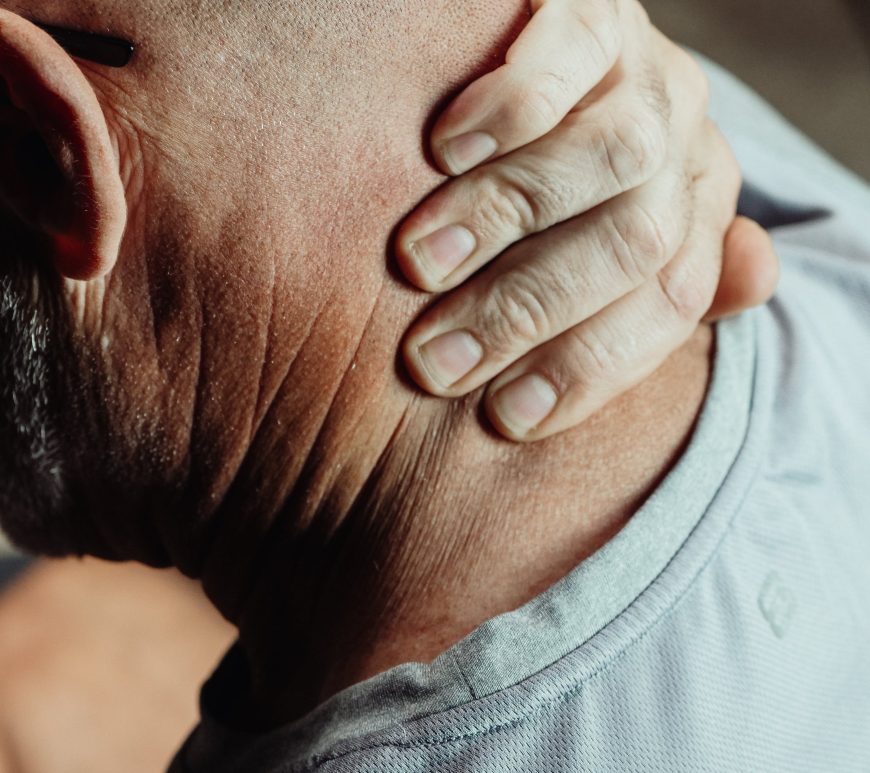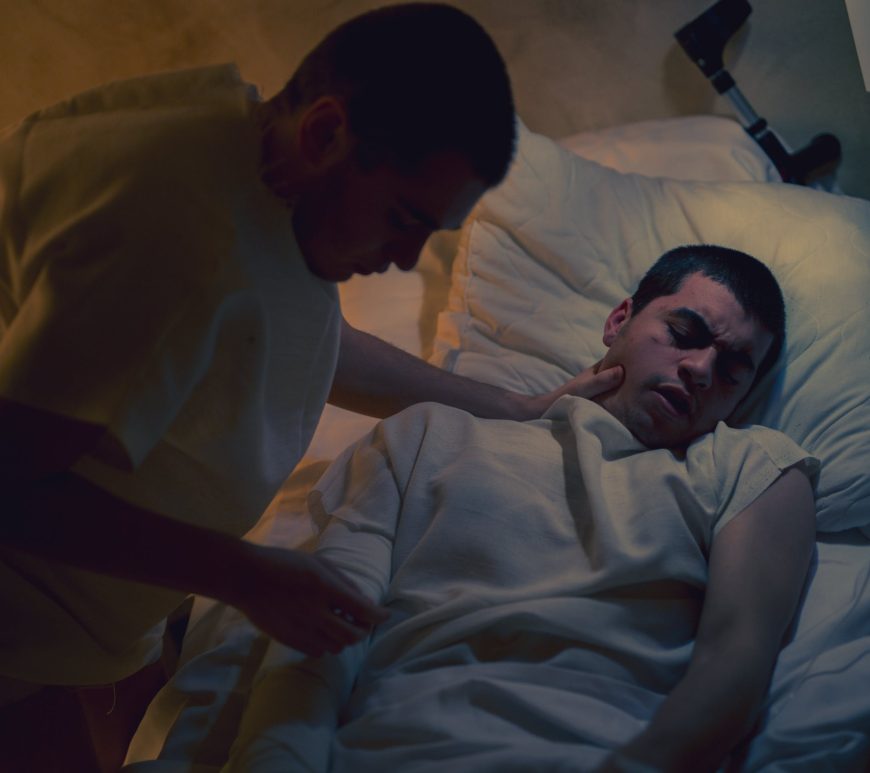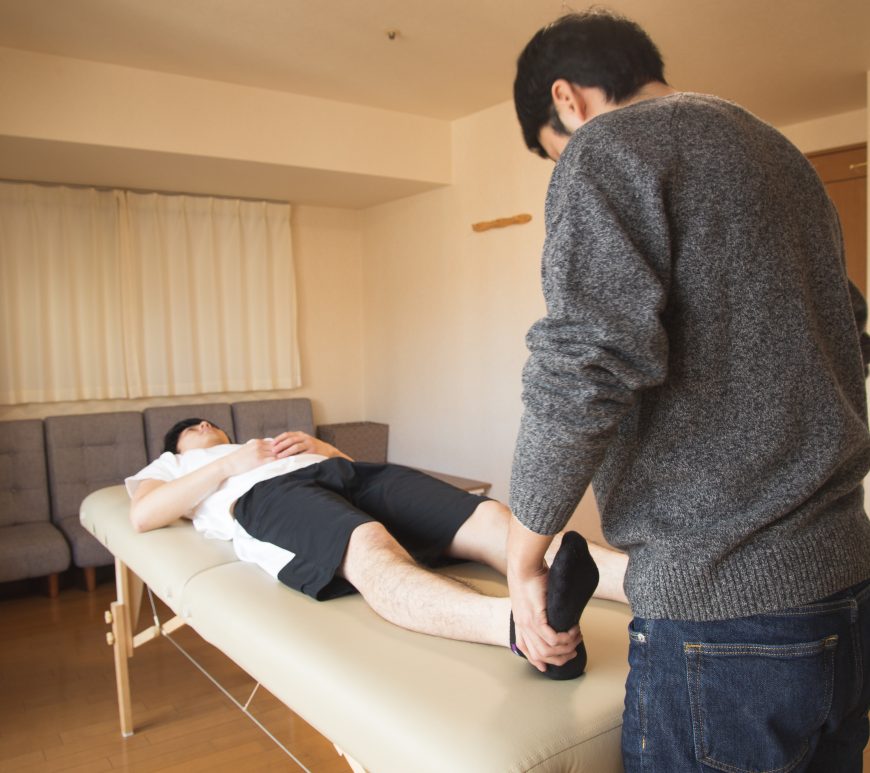
Does adding a tension night splint improve plantar fasciitis treatment outcomes?
In 1996, Batt, et. al., randomized clinical trial aimed to assess the effectiveness of a tension night splint (TNS) as part of a comprehensive treatment approach for managing plantar fasciitis. The study employed a randomized clinical trial design and was conducted at a university-based primary care sports medicine clinic in California. A total of 40 patients with plantar fasciitis, aged between 20 and 74 years … Continue reading Does adding a tension night splint improve plantar fasciitis treatment outcomes?



